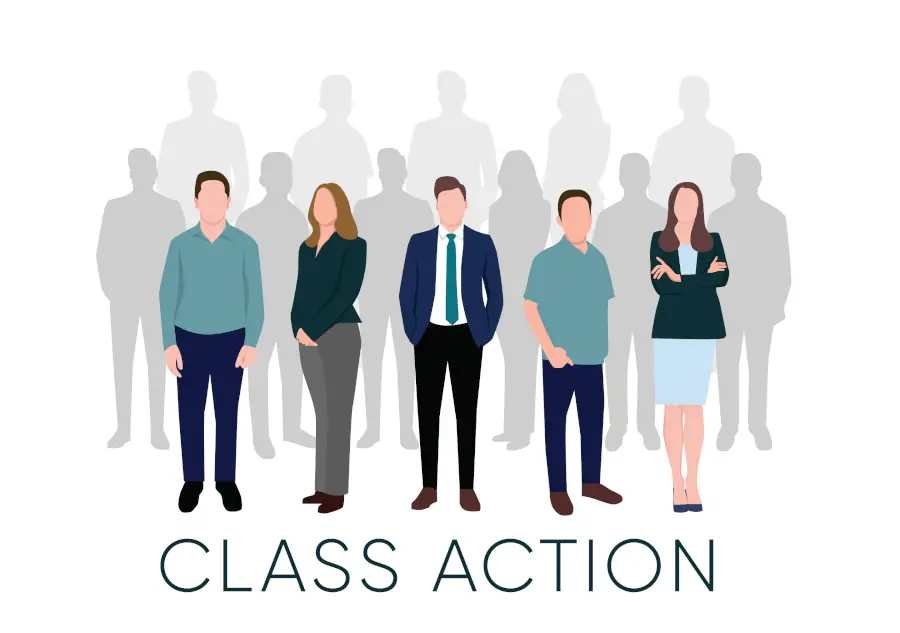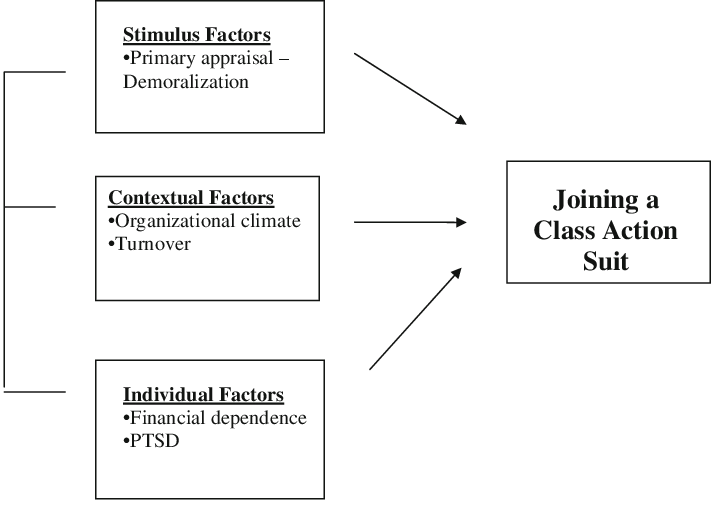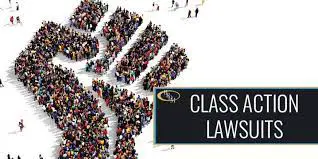A Class Action Lawsuit
Rule 23 of the Federal Rules of Civil Procedure, entitled Class Action Lawsuit establishes the procedure by which a member or members of a group of people may bring an action on behalf of, or defend against an action brought on behalf of, the class or group as a whole.
Class actions are complicated lawsuits in which one individual sues on to represent a group (the “class”) who have all been similarly harmed by the defendant’s conduct. What this means is that in a group’s case, one person may file suit on behalf of an infinite number of people who share the same complaint.

When the carelessness of a defendant has affected many individuals in the same way—sometimes hundreds of thousands—class action lawsuits may move the process forward more quickly. It would take a lot of time and money to file and prosecute individual cases, therefore bringing a class action is sometimes the best option. Class action lawsuits allow many victims to join united to file a single case, which streamlines the litigation process and reduces costs without overwhelming the court system.
Furthermore, class action litigation may be useful for plaintiffs in circumstances where an ongoing pattern of negligence must be developed and shown as the principal foundation of a claim, such as employment discrimination or loan discrimination.
Characteristics Class Action Lawsuit
- Plaintiff(s) – The party(s) initiating legal action.
- Members of the class are those who are included in the judgment or settlement because they are impacted by the litigation and its charges.
- The one who is being sued is called the defendant.
Criteria for filing a class action lawsuit

Consistent arguments or counterarguments
The representative parties (those who initiate the class action suit) are qualified to effectively and equitably advocate the needs of the class. It would be impracticable to include everyone in the class (group) individually.
Liability Claims for Harmful Goods
Those who have been hurt by a harmful product that was sold to them without any kind of warning may join a class action lawsuit on behalf of themselves and others who have experienced the same fate.
Class Actions for Harmful Medications
Furthermore, individuals who have been hurt by harmful drugs may file class action lawsuits against the drug manufacturers.
Additional Consumer Class Actions
Claims may also be brought for antitrust breaches, deceptive advertising, and product defects.
Ecological Collective Actions
When a company’s carelessness results in ecological damage or injury or harm to humans via environmental toxins, aggrieved persons may bring a group actions suit to collect damages.

Lawsuit Settlements for Financial Fraud
When a company’s or board of directors’ bad behavior leads to losses for a number of shareholders.
Settlements for Financial Statement Fraud
Investors may band forces to pursue a class-action lawsuit in order to recoup their losses in the event of fraudulent accounting or deceptive reporting.
Labor Class Actions
If a major corporation or employer is suspected of discrimination or other violations of employment law, workers may band collectively to file a class action lawsuit.
Collective Actions for Contract Violation
A class action lawsuit may be launched on the part of a group of individuals if they were all promised something on paper and then that promise was breached.

